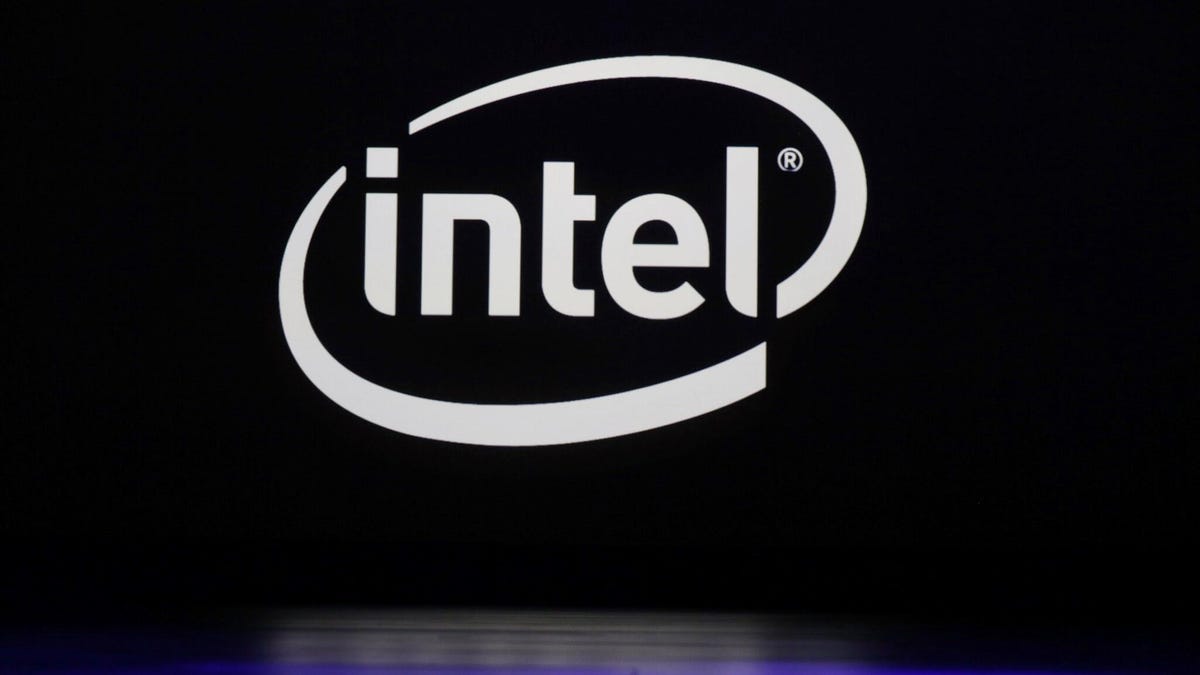Intel wants to produce chips for cars amid semiconductor shortage
The chip giant could reportedly provide chips for automakers within six to nine months.

The global chip shortage is hitting the tech industry.
Intel is in talks with automakers to produce semiconductor chips for cars, the company announced Monday. The tech giant would aim to produce chips within six to nine months, Intel CEO Pat Gelsinger told Reuters following a White House summit Monday with tech leaders concerning the global semiconductor shortage. Intel currently makes chips that power computers and phones.
The announcement follows Intel last month saying it would open its chip factories up to make chips for others, now saying this could be a potential source of manufacturing for the car industry. Intel said its announcement was met with a positive response, but did not name any potential automaker customers.
To address the shortage, Intel will also be investing $20 billion in two new chip plants in Arizona, Gelsinger said Monday.
Tomorrow I am honored to be meeting with the Biden administration to discuss the global chip shortage and how @intel is ready to provide chip manufacturing capacity in the US and EU.
— Pat Gelsinger (@PGelsinger) April 11, 2021
The White House met with CEOs from Intel, Dell, Samsung, Ford, HP, AT&T, Alphabet, General Motors and other companies. Thanks to the global shortage, Ford, General Motors, Toyota and other automakers have been unable to obtain certain chips, and as a result have cut production of vehicles.
President Joe Biden in February signed an executive order to improve the semiconductor chip supply chain, which included a 100-day review. "We need to make sure these supply chains are secure and reliable," Biden said at the time, adding that semiconductor chips power everything from cars to phones to medical devices.
Read more: From PS5 to Ford F-150: How a global chip shortage is 'impacting everything'

